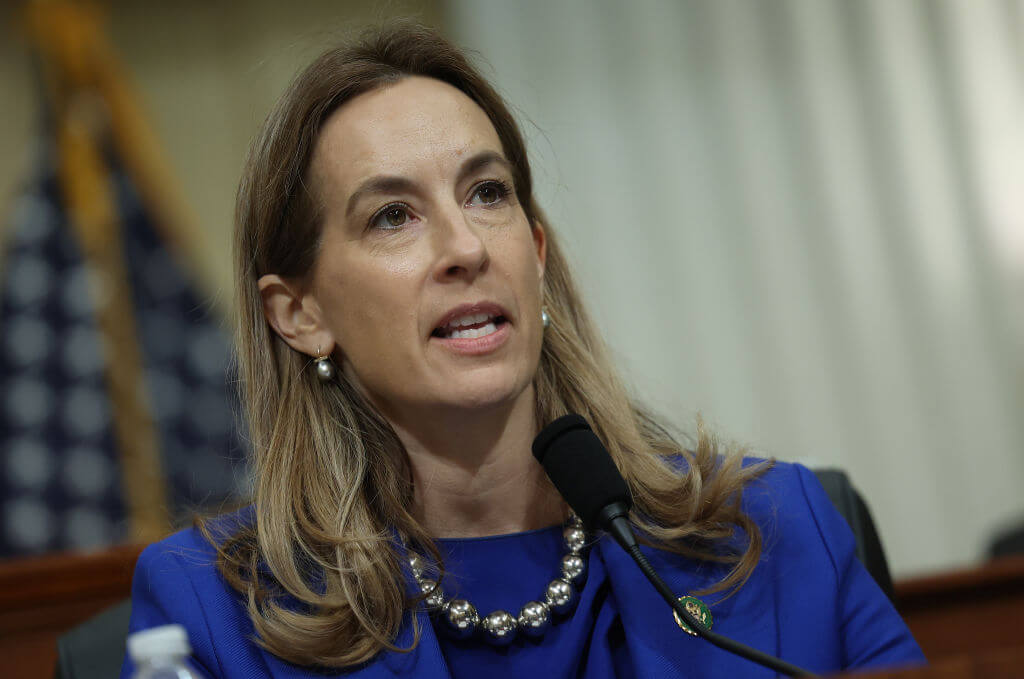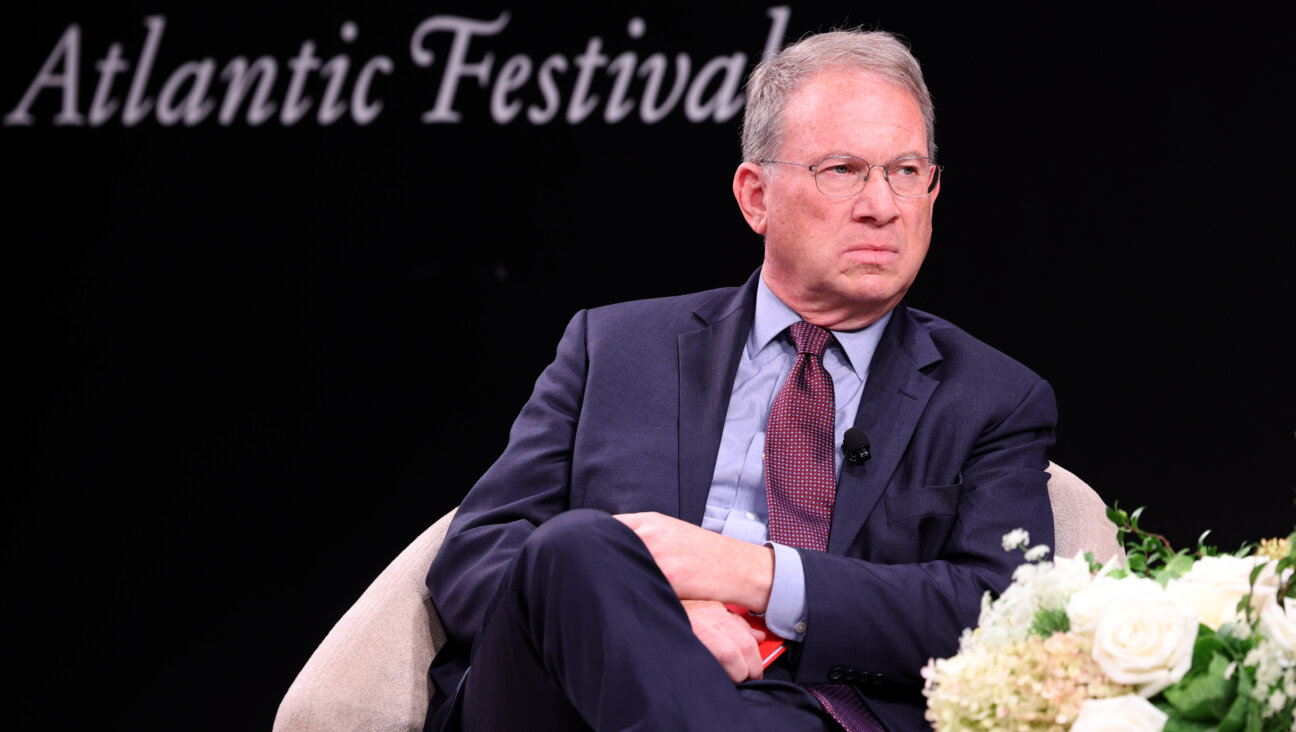Debate Highlights the Politics of Kosher Food, From Left, Right and Center

DEBATE: Arguing kosher ethics, fom left: Avi Shafran of Aguda Israel of America; Menachem Genack of Orthodox Union; Basil Herring of Rabbinical Council of America; Shmuly Yanklowitz of Uri L?Tzedek.
In the Orthodox world, the arguments over kosher ritual, Jewish ethics and beleaguered kosher meat giant Agriprocessors have led to boycotts, name-calling and cries for investigations. But a recent evening at Yeshiva University featured a new element for the Orthodox world: an actual public debate.

DEBATE: Arguing kosher ethics, fom left: Avi Shafran of Aguda Israel of America; Menachem Genack of Orthodox Union; Basil Herring of Rabbinical Council of America; Shmuly Yanklowitz of Uri L?Tzedek.
For the first time since May, when a federal raid on Agriprocessors thrust the relationship between kosher ritual and Jewish ethics into the national spotlight, Orthodox leaders representing a broad spectrum of ideological opinions appeared on the same stage to publicly discuss these issues.
The debate, organized by a pair of Y.U. students, featured people who have figured prominently in the Agriprocessors controversy, including Rabbi Menachem Genack, CEO of the Orthodox Union’s kashrut division, which oversees Agriprocessors; Shmuly Yanklowitz, co-director of the Orthodox social activist organization Uri L’Tzedek, which has been intensely critical of Agriprocessors and organized a temporary boycott of the company; Rabbi Avi Shafran, director of public affairs for the ultra-Orthodox organization Agudath Israel, and Rabbi Basil Herring, executive vice president of the Rabbinical Council of America, which is the largest umbrella organization for Orthodox rabbis.
Their arrangement onstage, before a packed house at the university, generally reflected the ideological stances the participants have taken, with Genack and Herring wedged uncomfortably in the middle and Shafran and Yanklowitz to their right and left, respectively.
Though the debate was free of the rancor that has periodically surrounded these issues, some striking differences quickly emerged.
Shafran opened the discussion and denied that there was any link at all between the ethics of kosher food producers and the food itself, saying that the relationship between the two was no more significant than that between a poet’s hygienic habits and his verse.
“A great poet might opt not to shower, but that doesn’t necessarily affect the quality of his writing,” Shafran told the audience.
But other panelists argued that the link between ethics and kashrut was more intimate than Shafran suggested.
“Even if ethics and kosher are not connected, it remains connected in people’s minds,” said Yanklowitz, in an energetic speech that drew strong applause from the mostly young audience. “We do not compartmentalize our ethics.”
The intersection of kashrut and ethics — with kosher giant Agriprocessors at the nexus — has been the subject of vigorous debate in the Jewish community for more than two years, since the Forward published an investigative report on working conditions at the company’s Postville, Iowa, slaughterhouse. Those debates have become more intense and public since May, when federal agents staged an immigration raid on the Postville plant, spawning a new round of stories about the company’s business practices and dangerous working conditions at the slaughterhouse.
“I think there are many people in the Orthodox community who worry that the publicity surrounding the Rubashkins [the family that owns Agriprocessors] has given Orthodoxy as a whole a bad name,” said Jonathan Sarna, a professor of American Jewish history at Brandeis University. Sarna did not attend the event.
One voice notably missing from the debate was the Conservative movement, whose Hekhsher Tzedek initiative aims to certify kosher food producers that meet a broad array of social and environmental goals. Under the leadership of Rabbi Morris Allen, an early critic of Agriprocessors, Hekhsher Tzedek has been the subject of intense scrutiny and argument in the Jewish community.
This debate was no exception. Shafran, a longtime critic of Hekhsher Tzedek, blasted the initiative as having been “conceived in sin” — namely, “the sin of jumping to negative judgments of others.”
But the others were more measured. Genack said he had doubts about the efficacy of the initiative, but he nonetheless praised supporters of Hekhsher Tzedek for “trying to bring their own constituency back to kosher.”
In the end, the panelists reached no firm conclusions on the relationship between kashrut and ethics. All agreed that both were important, but disagreed about how to link them. But Y.U. junior Steven Paletz said that the evening had nonetheless been rewarding, despite the lack of consensus.
“There was a lot of food for thought,” Paletz said.
The Forward is free to read, but it isn’t free to produce

I hope you appreciated this article. Before you go, I’d like to ask you to please support the Forward.
At a time when other newsrooms are closing or cutting back, the Forward has removed its paywall and invested additional resources to report on the ground from Israel and around the U.S. on the impact of the war, rising antisemitism and polarized discourse.
Readers like you make it all possible. We’ve started our Passover Fundraising Drive, and we need 1,800 readers like you to step up to support the Forward by April 21. Members of the Forward board are even matching the first 1,000 gifts, up to $70,000.
This is a great time to support independent Jewish journalism, because every dollar goes twice as far.
— Rachel Fishman Feddersen, Publisher and CEO
2X match on all Passover gifts!
Most Popular
- 1

Film & TV What Gal Gadot has said about the Israeli-Palestinian conflict
- 2

News A Jewish Republican and Muslim Democrat are suddenly in a tight race for a special seat in Congress
- 3

Fast Forward The NCAA men’s Final Four has 3 Jewish coaches
- 4

Culture How two Jewish names — Kohen and Mira — are dividing red and blue states
In Case You Missed It
-

Fast Forward Secretive GOP firm distorts Democratic candidate’s views on Israel in NJ governor race
-

Fast Forward Trump administration to review nearly $9 billion in Harvard funding over campus antisemitism
-

Yiddish World Yiddish fans in Berlin launch a Yiddish open mic series
-

Fast Forward Cornell pro-Palestinian student leader opts to leave US, as Columbia ‘self-deportee’ makes her case to return
-
Shop the Forward Store
100% of profits support our journalism
Republish This Story
Please read before republishing
We’re happy to make this story available to republish for free, unless it originated with JTA, Haaretz or another publication (as indicated on the article) and as long as you follow our guidelines.
You must comply with the following:
- Credit the Forward
- Retain our pixel
- Preserve our canonical link in Google search
- Add a noindex tag in Google search
See our full guidelines for more information, and this guide for detail about canonical URLs.
To republish, copy the HTML by clicking on the yellow button to the right; it includes our tracking pixel, all paragraph styles and hyperlinks, the author byline and credit to the Forward. It does not include images; to avoid copyright violations, you must add them manually, following our guidelines. Please email us at [email protected], subject line “republish,” with any questions or to let us know what stories you’re picking up.














